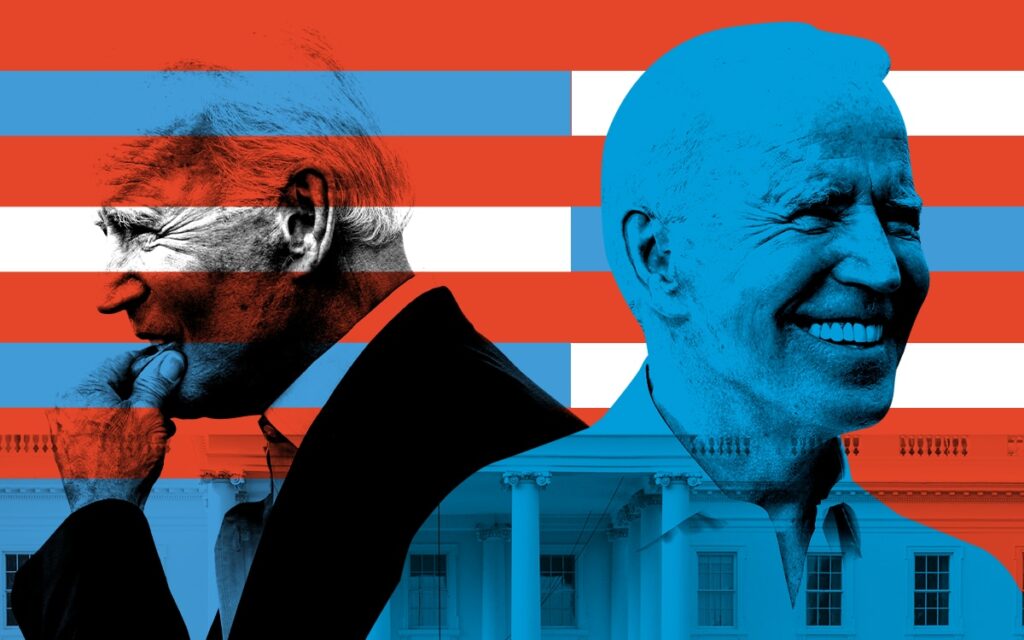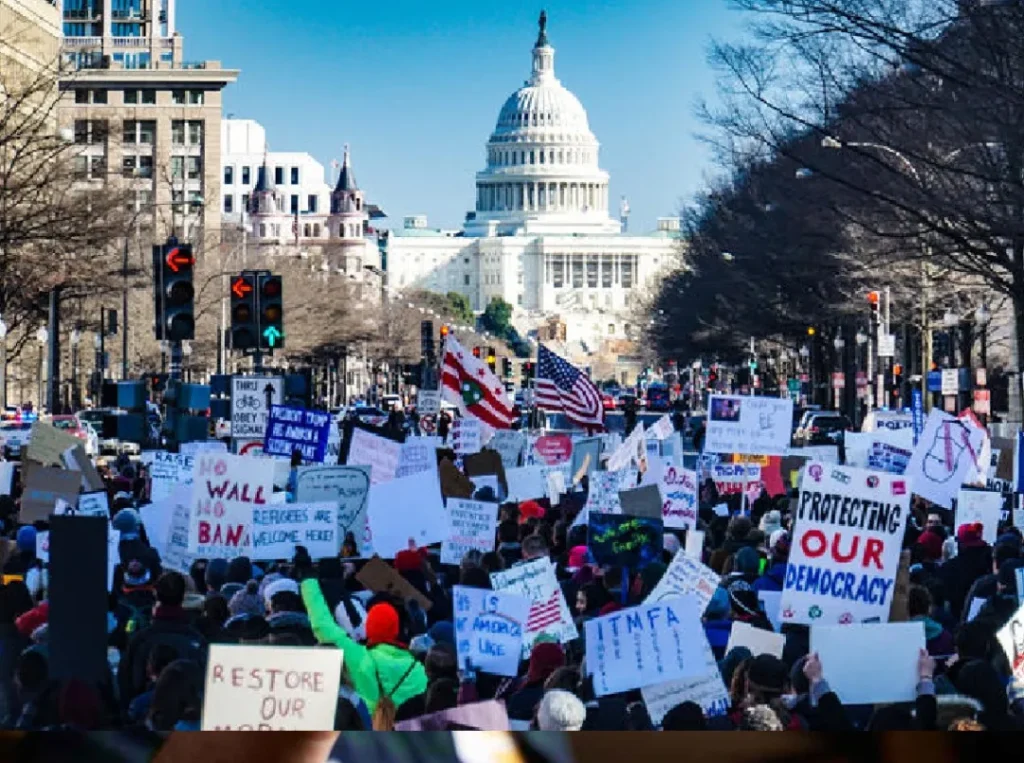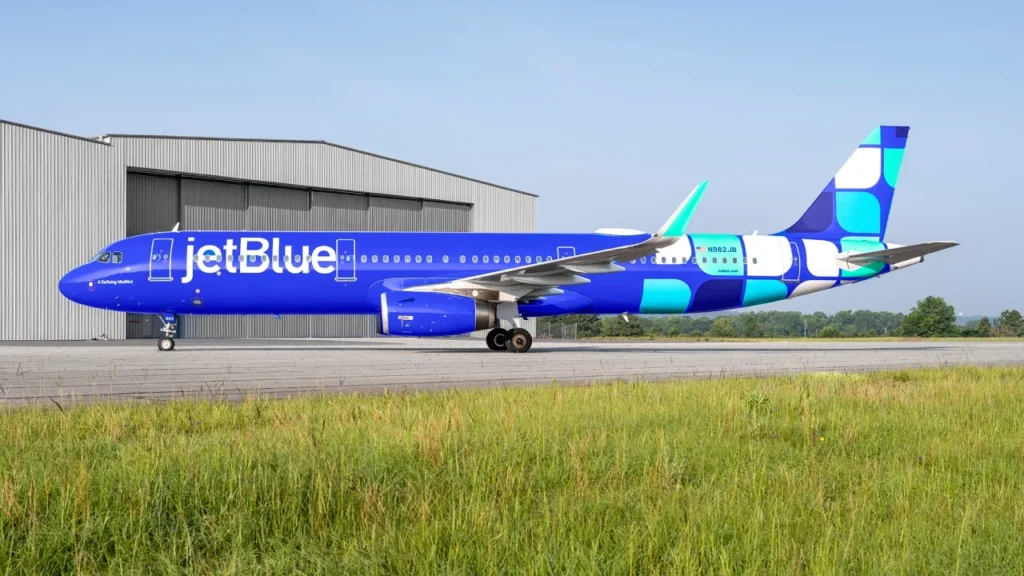Humanitarian parole to the United States: Review Status
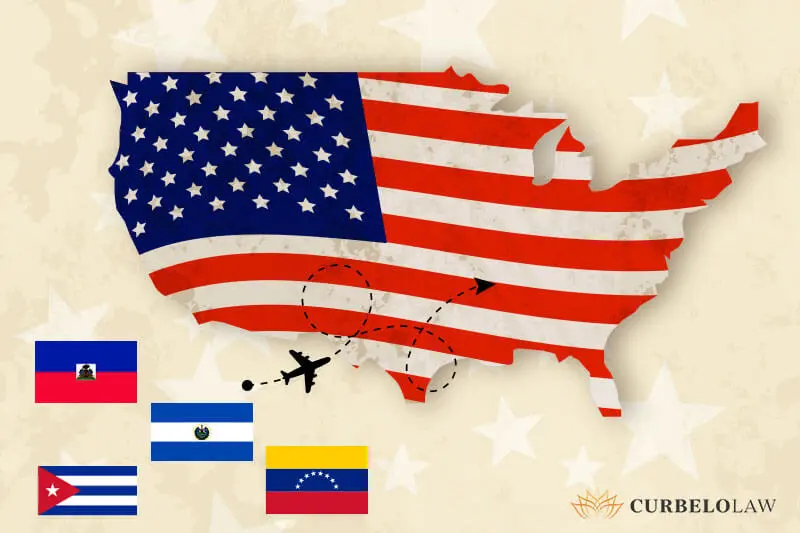
Beneficiaries of the humanitarian parole to the United States continue to arrive; although the measure was suspended, some of those who had advanced in the process have been able to enter the country.
In that sense, this Monday, several Cubans, beneficiaries of the Humanitarian Parole program, with active travel permits, were able to board their flights to the United States from various airports on the island.
In fact, including the José Martí terminal in Havana.
José Ignacio, one of the passengers who managed to board, expressed his excitement for the opportunity to be reunited with his wife in Miami.
“This is an opportunity I’ve been waiting for for years, I still can’t believe it!” he said visibly excited, while hugging his sponsor, minutes after landing.
The cause of this humanitarian parole to the United States restriction is still unclear.
On Friday, the Department of Homeland Security (DHS) announced a temporary suspension in the issuance of travel permits for Humanitarian Parole beneficiaries while fraud cases are investigated.
However, there was no information on the inability to fly for those who already had valid permits.
DHS confirmed being aware of reports of flight restrictions at some airports.
“Individuals with approved clearances may travel,” they stressed, while Customs and Border Protection (CBP) “is working with airlines to provide updates.”
READ HERE: What does ICE mean in immigration?
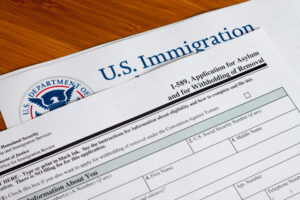
U.S. Humanitarian Parole: Review Status
Finally, this Monday, dozens of migrants with travel permits were able to arrive thanks to the U.S. humanitarian parole.
However, others discovered that their permits had been unexpectedly cancelled.
DHS confirmed that some travel permits had been withdrawn as part of its review of the program.
The Humanitarian Parole program was initially designed for Venezuelans, in October 2022, and then extended to Haitians, Nicaraguans and Cubans, in January 2023, as a bid by the Biden administration to try to calm the crisis at the southern border.
As of the end of June, more than 100,000 Cuban nationals had traveled to the U.S. under this program, according to official figures.


